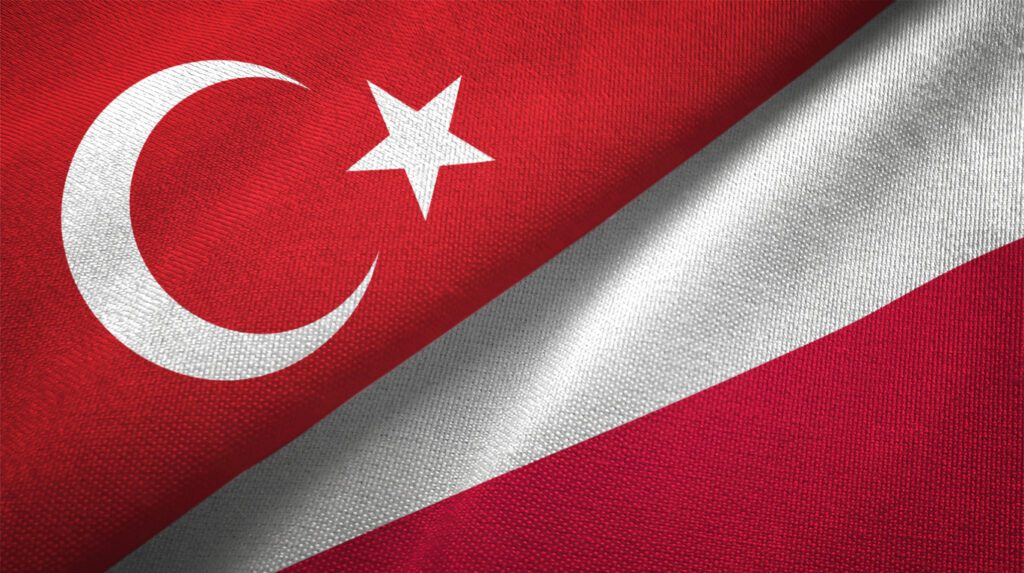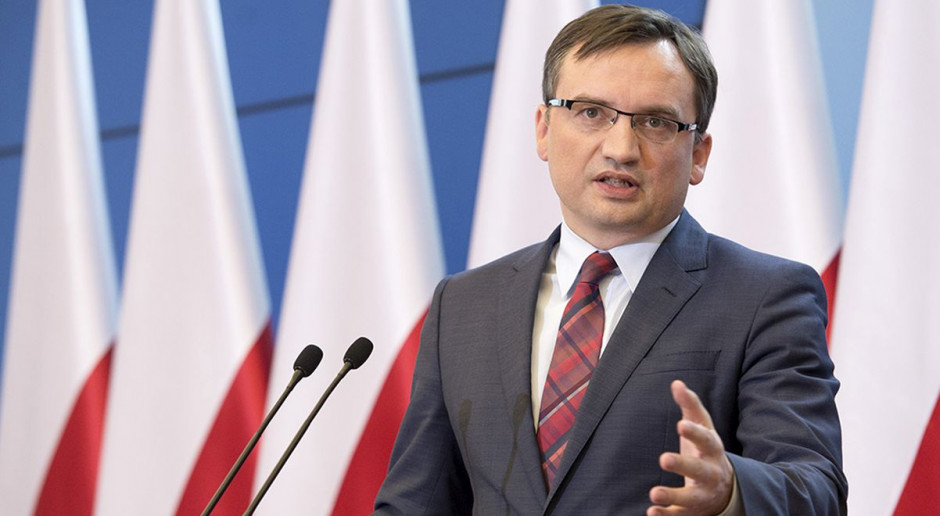Fostering stronger economic ties between Turkey and Poland

Last year’s 32nd Economic Forum coincided with a crucial moment in the shifting European economic landscape, providing a perfect opportunity for Turkey and Poland, two countries with an economy of a similar size, to reiterate their dedication to enhancing economic relations.
Ryszard Czarnecki
(The author is a former minister of EU Affairs in Poland and a member of the European Parliament. This article was originally published on Daily Sabah and has only been slightly updated.)
In today’s globalized world, the significance of economic partnerships between nations cannot be overstated. Among the myriad of international relationships, the close and burgeoning economic ties between Poland and Turkey stand out as a testament to the power of collaboration and mutual benefit. These two nations, seemingly distant geographically, share a remarkably strong bond that is underscored by their intertwined economic interests.
The historical backdrop of Poland and Turkey reveals surprising parallels, contributing to the depth of their relationship. Both countries have overcome challenges and emerged as dynamic economies, transitioning from centrally planned systems to market-oriented ones. This shared journey has fostered a sense of relationship, as both Poland and Turkey have experienced political transformations and embraced democratic values.
The bilateral trade volume target between the two countries has been set at $10 billion. In 2021, the trade volume saw an impressive 28% increase, reaching $8.3 billion. As of the first 10 months of 2022, the trade volume stood at $8.1 billion.
Both nations recognize the potential for growth through strategic investments. Poland’s strategic location as a gateway to Europe has attracted Turkish businesses eager to establish a foothold in the European market. Conversely, Turkey’s prowess in construction, textiles and the automotive sector aligns with Poland’s rapidly growing industrial landscape.
Turning to foreign direct investments, Poland’s investments in Turkey amounted to $37 million as of September 2022, while Turkish investments in Poland reached $113 million. Notably, 156 Polish firms are actively operating in Turkey .
Poland’s economic miracle still going strong after three decades of exceptional growth
Cultural exchange and tourism
Turkey is one of the important economic partners of Poland. The speed of love in the trade volume between the two countries is a key component for lasting relations, as well as the process, marked that the time will get better. Between 2002 and 2011, the Polish-Turkish trade volume was recorded over six times. In the period of 2013-2016, the series in the trade volume between the two countries averaged 5% annually. In 2015, the trade volume between Poland and Turkey was over $6 billion.
The fifth meeting of the Turkey -Poland Regular Economic Consultation Mechanism took place on Sept. 12, 2022, in Ankara, led by the Turkish minister of Trade and the Polish minister of Economic Development and Technology. In conjunction with this meeting, a roundtable discussion was organized by the Foreign Economic Relations Board (DEIK) with the participation of businesspeople from both nations.
An important development enhancing economic ties was the implementation of a regulation allowing Polish citizens to travel to Turkey with just an ID card, which became effective on April 19, 2022. By October 2022, approximately 1.1 million Polish tourists had visited Turkey , underscoring the vitality of tourism relations between the two countries.
At the heart of last year’s 32nd Economic Forum lay an essential element – the intricate tapestry of economic relations between Turkey and Poland. For over three decades, the Economic Forum has served as a conduit for meaningful exchanges between political and economic figures, creating a platform where ideas and partnerships are forged.
The ties between the two countries, in particular, have evolved into a powerful force driving the dialogue at this forum. These two nations share a history of bilateral trade, investment and collaboration that has not only endured but also flourished. The significance of this relationship is evident not only in the numbers but also in the depth of cooperation across various sectors.
The Economic Forum has consistently provided a unique environment conducive to cooperation between the European Union member states and their neighboring countries. With every passing year, it becomes a stage for making impactful declarations that resonate globally and influence the direction of economic policies and partnerships.
The 32nd Economic Forum arrived at a time of pivotal changes in the European economic landscape. It offered an ideal setting for Turkey and Poland to reaffirm their commitment to strengthening economic bonds. By engaging in discussions that transcend borders, both nations can capitalize on the opportunities presented by shifting dynamics.
In conclusion, the economic relations between Poland and Turkey exemplify the potential for collaboration between nations regardless of geographic separation. Their mutual commitment to economic growth, cultural exchange and diplomatic cooperation stands as an inspiring example for the global community.
As Poland and Turkey continue to nurture their economic ties, they set a benchmark for international cooperation that underscores the essential role of economic partnerships in fostering a harmonious and interconnected world. As we anticipated the outcomes of last year’s forum, we could rest assured that the importance of Turkey-Poland economic relations would play a crucial role in shaping the “New Values for the Old Continent.”



